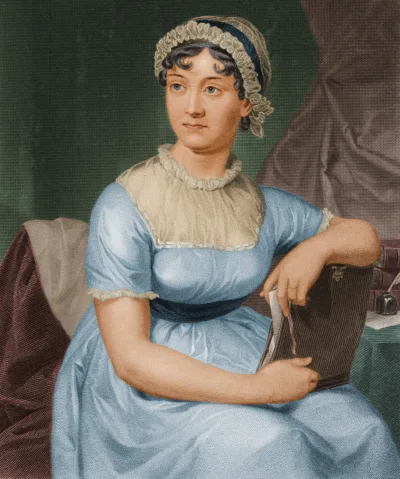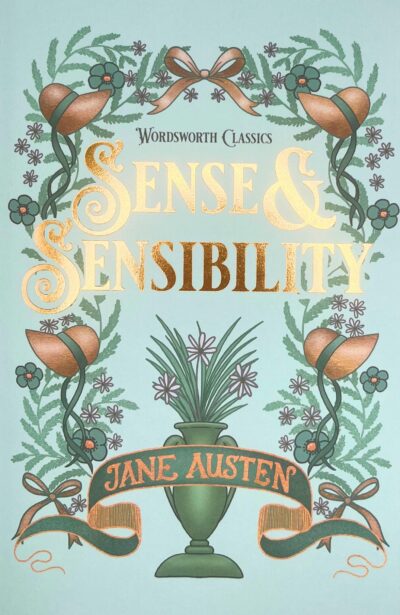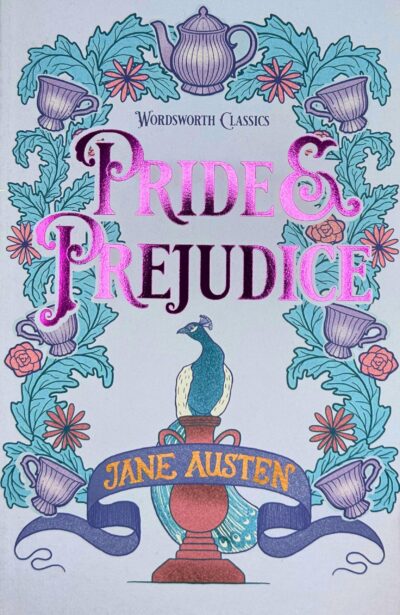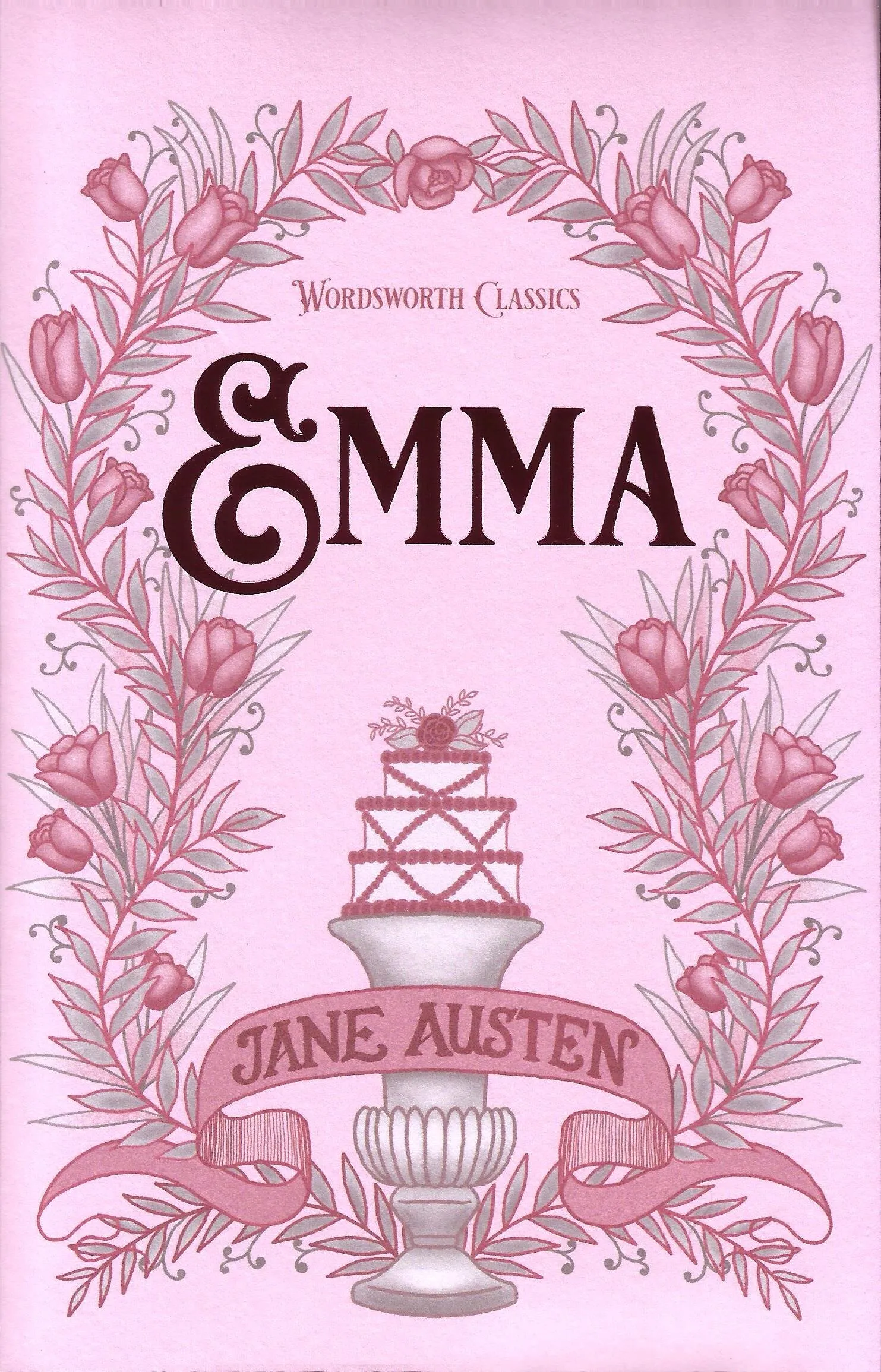
By Naomi
2025 is a very special year, because 250 years ago, on December 16, 1775, the author Jane Austen was born! She passed away on July 18, 1817, so we’re celebrating the whole month of July with some blogposts about the enduring appeal of her work and writing. In this post, we’re taking a look at why Jane Austen, and her work, remain so relevant to this day.
For an extensive biography, check out the entry in the Encyclopaedia Britannica. The tl;dr is that Jane Austen grew up in a large and affectionate family, was very close with her elder sister Cassandra, and never married. She published four novels during her lifetime: Sense and Sensibility (1811), Pride and Prejudice (1813), Mansfield Park (1814) and Emma (1815). Persuasion and Northanger Abbey were published posthumously, in 1817, as well as Lady Susan, published in 1871.
Jane Austen’s work was well received and popular during her lifetime, although her work was published anonymously.
There have been many, many adaptations of Austen’s work over the years. Her novels were turned into movies, tv-series, web series, musicals, you name it. There have also been a lot of retellings of her stories, and we’ll have a blogpost about that next week. But why is her work so popular to this day? Jane Austen has undeniably left her mark on English literature, but let’s explore why her work still has such an enormous impact on modern readers. I think there are three reasons: The Plot, The Characters and The Writing.
1. The Plot
Jane Austen’s books are about ordinary people (of a certain class, that’s true), doing everyday things in ordinary places. That’s why so many people can relate to her stories and her heroines, and her writing can be applied to many different situations. There’s a down-to-earth quality to her novels. Even though society and societal standards have evolved and changed since Austen’s work was first published, the themes (such as meddling families, class differences, the unreasonable expectations of women, the search for love) resonate to this day. The plots might be ‘ordinary’ but each of her novels is unique and tells a different story.
2. The Characters
Austen’s work is character-driven. All her characters, main and side, are unique and individual. She was a master of characterization and wrote believable, relatable characters who have their strengths and flaws and quirks. The characters’ concerns are relatable, because they are almost universal. She also wrote complex relationships between women, be it mother-daughter, sisters or friends, that weren’t reduced to just a rivalry. Jane Austen had a great understanding of human nature, and the proof is in the enduring influence of her work.
3. The Writing
Jane Austen is known as an incredibly witty writer. She wrote delicately and subtly, using irony and satire. Her trademarks are astute characterization, insightful observation and brilliant wit. Austen was able to beautifully sketch out characters and comment on them and their role in society. Her writing is layered and her stories are filled with subtext that is still relevant today; when rereading Austen’s novels (which you should do, really), you can discover new facets to the characters and story each time. She is considered one of the greatest storytellers of our time, which is evidenced by her work still being comprehensible centuries later.











